In 2006, at the first Beijing Summit of the Forum on China-Africa Cooperation, China resolved to help Africa establish an agricultural technology demonstration center. The Chinese Academy of Tropical Agricultural Sciences (CATAS), as a strategic power in the field of China’s tropical agricultural science & technology, forms the crux of China-Africa agricultural cooperation. You Wen was sent by CATAS to assist the Republic of the Congo, where she and her team turned an empty wasteland into an orchard full of fruit and a scenic agricultural demonstration base, earning the respect and admiration of the local government and people.
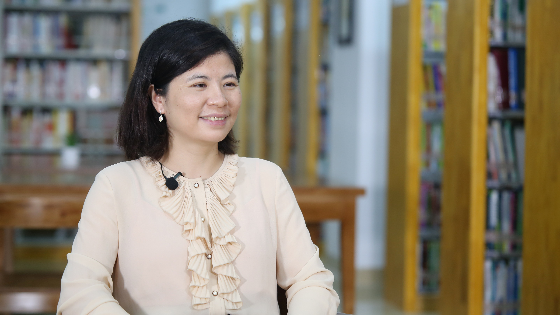
In 2011, CATAS sent a team of experts to visit the demonstration center in the Congo, and You Wen served as the French interpreter for the team. The first time You Wen stepped onto African soil, although she had tried to prepare herself, she was still overwhelmed by the poor conditions in the Congo.
The Center was located in a desolate, off-the-beaten track area. It was covered in weeds and had only one lonely shack. You Wen recalls that aside from the weeds and the one empty, newly built shack, there was nothing. No bed, no blanket, no pots or pans, nothing at all that they needed to live there.
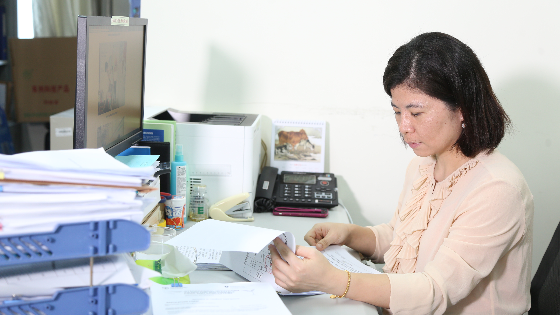
You Wen stared blankly for several minutes, and then began to discuss how they would solve the problem of where to sleep that night. Fortunately, a Chinese construction crew at a nearby site was just about to leave, so they were able to borrow some wooden planks, blankets, and mosquito nets to make beds and cover the windows, and thus endured their first difficult night in the Congo.
During the early stages of setting up the Demonstration Center, the team was extremely short of supplies. With no kitchen, You Wen and her colleagues had no choice but to eat cold vegetable dishes for a month. With no running water, she had to go four days without a bath, using only moist towelettes to wipe down her hands and face.
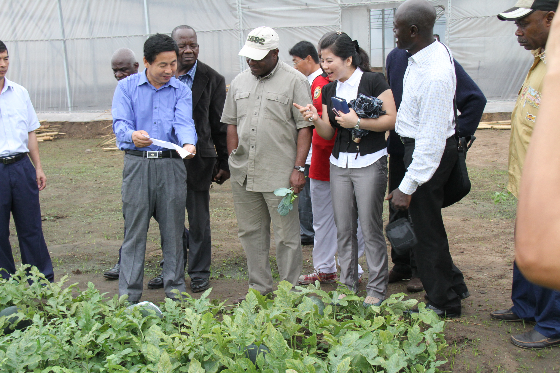
These harsh conditions didn’t scare off young You Wen. Facing this difficult test of their will and courage, You Wen and her teammates bravely fought on. “We rarely complained, and solving problems felt like defeating bosses in a game to advance to the next level. It was really satisfying.” You Wen has difficulty concealing her emotions when speaking of that time.
Under the expert care of the CATAS experts, results started to appear. The Congo’s cassava production increased from 9 to 51 tons per hectare. Locals also got the chance to taste imported watermelon, cucumbers, tomatoes, chili peppers, and other fruits & vegetables for the first time. The bountiful harvest that You Wen reaped in the Congo wasn’t only from the fields though, it was also in the feelings of the people. You Wen’s team were diligent in their work, and friendly and honest in their lives, earning them the trust and respect of the local government and people.
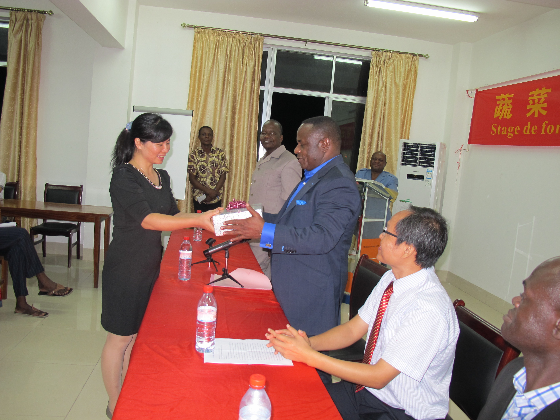
Before the end of her time in the Congo, You Wen contracted malaria. She didn’t know much about this disease that had ravaged Africa, and pushed herself through her illness to complete her last shift of work. At their goodbye party, the head of the Congo’s Ministry of Agriculture couldn’t help sighing, saying that she was like a family member and that the goodbye party was like a family gathering.
The next day, You Wen hadn’t even started her journey home when she fainted from her illness at the airport check-in counter. As soon as the head of the Congo’s Ministry of Agriculture heard the news, he immediately halted his meetings and rushed to the hospital to visit her. He comforted her, saying: “See, the Congo doesn’t want to let you go!” Hearing that, You Wen couldn’t help crying.
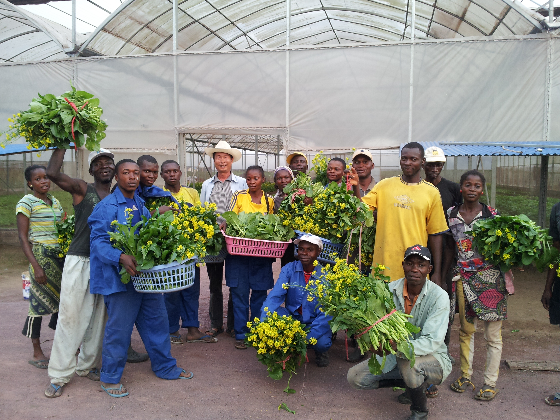
Hainan is China’s only tropical island, and there are many similarities between Hainan’s ecological environment and that of Africa’s tropical areas. Agriculture is relatively undeveloped in Africa, and the abundance of Hainan’s rubber, cassava, coconuts, and other tropical products can help to alleviate the desperate situation in Africa. CATAS was able to send both seeds and knowledge from Hainan across the ocean to be planted in the faraway soil of Africa, sharing the joy of their bumper harvest with the world.
After the pandemic, although international travel was still limited, as Africa was still in need of poverty and hunger alleviation, China extended help in a spirit of friendship, entrusting CATAS with a special mission. “Currently, we still have experts stationed in Africa continuing the work of building and operating our overseas demonstration platform, and we are also continuing in our African agricultural technology training mission, exploring new combined online and in-person methods. We are also working hard to launch the China-Africa Tropical Agricultural Science Coalition, through which we hope to promote cooperation and exchange between Chinese and African tropical agricultural science organizations, and improve tropical agricultural sustainable development capabilities,” explained You Wen.
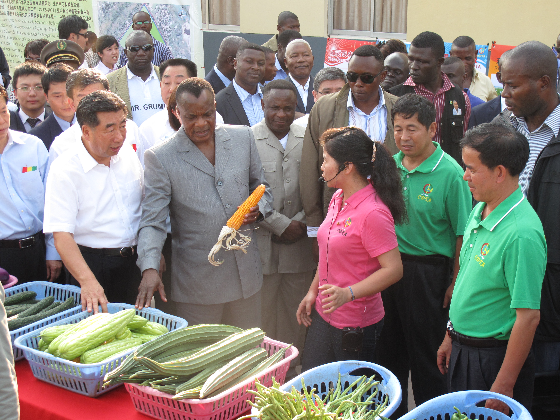
During the “Fourteenth Five Year Plan” period, developing efficient tropical agriculture and modernizing agriculture are major development targets, showing that more of Hainan’s resources will be devoted to the development of tropical agriculture.
In You Wen’s opinion, this undoubtedly provides a solid guarantee that there will be even more room for further international agricultural cooperation. “Opening up is an economic development lifeline for the island, and an inevitable direction for Hainan’s tropical agricultural development to take. In the future, we will strengthen corporate alliances, bringing even more Hainan elements out into the world, while at the same time bringing advanced international agricultural development techniques and experience into Hainan, achieving a mutually beneficial win-win situation,”said You Wen.






















